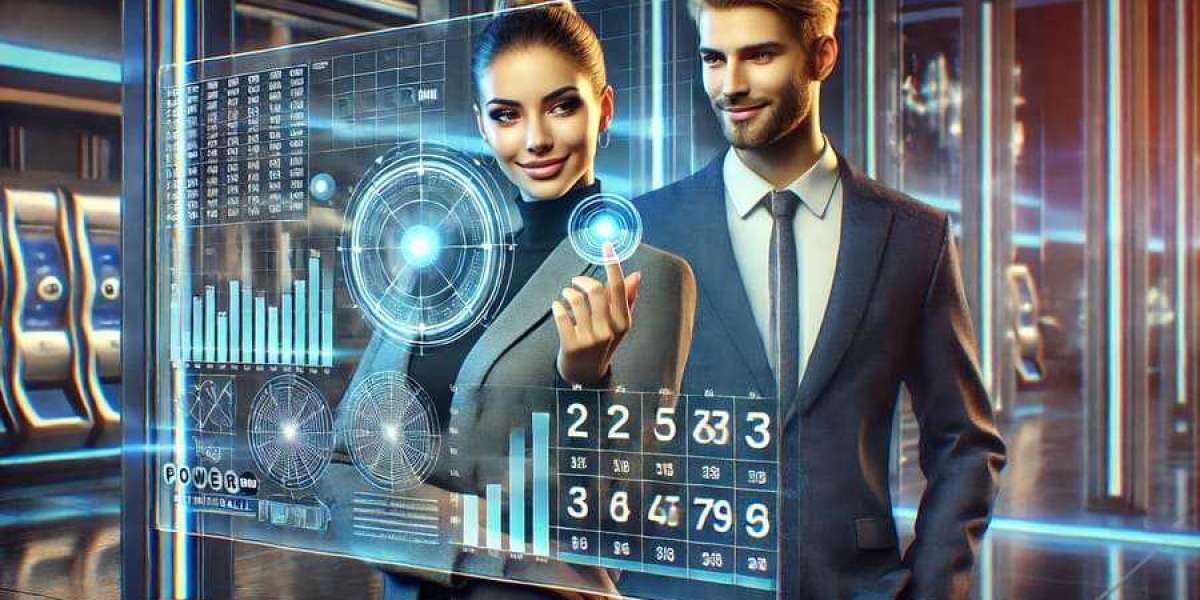Why Are Players Willing to Pay for Virtual Chips? A Psychological Look at Governor of Poker 3
In the digital era of gaming, few things are as intriguing as the willingness of players to spend real money on virtual items. Among these, poker chips in Governor of Poker 3 (GoP3) stand out as a popular choice. But why do thousands of players around the world willingly open their wallets for something that technically holds no physical value? Let’s dive into the psychology behind this phenomenon.
1. The Illusion of Control and Progress
Governor of Poker 3 is designed to simulate the highs and lows of real-life poker. With each win, players experience a dopamine rush—a natural chemical in the brain associated with reward and pleasure. Buying more chips offers players more chances to win, which translates to more dopamine hits. This creates a cycle where players feel that with just a bit more investment, the next big win is within reach.
Players often believe that by purchasing chips, they’re increasing their chances of controlling the game outcome. In reality, poker is a game of both skill and luck, but the illusion of control keeps players hooked and ready to buy more chips to “beat the system.”
2. Social Status and In-Game Prestige
Governor of Poker 3 has a strong social element. Players compete in public rooms, tournaments, and special events. Virtual chips often become a symbol of status. High rollers are easily recognizable with their large chip stacks, exclusive avatars, and VIP badges.
For many, spending money on chips is not just about playing longer; it’s about showing off in front of friends and strangers alike. There’s a sense of pride in sitting at a high-stakes table or entering special tournaments that require a large buy-in. Players are often driven by the desire to be noticed and respected within the game’s community.
3. The Fear of Missing Out (FOMO)
Governor of Poker 3 frequently runs time-limited events, bonus rounds, and special offers that encourage players to act quickly. When players run low on chips during such events, the fear of missing out kicks in.
Nobody wants to lose a rare chance to win a unique reward or climb the leaderboard. This urgency often pushes players to purchase chips impulsively, just to stay in the game and continue participating in the latest event.
4. The Sunk Cost Fallacy
After investing hours (and sometimes dollars) into the game, many players feel emotionally tied to their progress. This is known as the sunk cost fallacy. Even if they’re on a losing streak, players may feel that buying more chips is necessary to protect the time and money they've already invested.
The idea of quitting and losing everything is psychologically painful, so spending a little more to "get back on track" seems like the lesser evil.
5. Entertainment Value
At its core, buying virtual chips is often viewed as a form of entertainment spending. Just like paying for a movie ticket or a dinner out, players justify chip purchases as a way to have fun, unwind, and enjoy their leisure time. Considering the hours of entertainment that GoP3 can provide, many players see the cost of chips as a reasonable trade-off.
Final Thoughts
Understanding why players spend real money on virtual poker chips helps us appreciate how game design and human psychology interact. Whether it’s the thrill of the game, the desire for social recognition, or the fear of missing out, each factor plays a role in influencing player behavior.
If you’re running low on chips and don’t want to miss the next big win, visit the mmowow store today for affordable governor of poker 3 chips and keep the cards coming!








